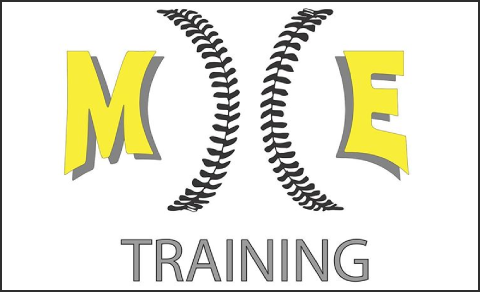 |
| Photo Credit: Vinny Messana Being a catcher is no walk in the park. |
Baseball is a unique sport in many ways. Among those reasons is that it takes a specific skill set to excel at each position. Sure, some players like Pete Rose and Craig Biggio have become All Stars at multiple positions, but they are very much in the minority on that. Most players develop skills throughout their amateur careers that limit them to a particular position. It is often a source of pride for a player to say they excel at a difficult position such as shortstop or catcher. I wanted to get their take on it, so I asked former college players about their experiences playing the position and they gave some great insight. Here is Part 1 of the series…
Catcher-Kevin Hutzel, Adelphi University:
When did you realize catcher was your primary position?
I’d say my sophomore year of high school was when I strictly became a catcher. I always made sure to observe other positions in case there ever came a day that I could no longer catch. Fortunately, that day never came.
How long did it take for the dangers of catching to not be an issue?
I always knew catching was a physically demanding position. The worries of danger never crept into my thought process. I would credit this mentality to my background in football. I often fed off the physicality of the game. The foul balls off my face mask, the bruises on my arms from blocked pitches and the constant soreness all fueled the fire of my passion for the game.
What is the most difficult aspect of being a catcher?
I would say it’s an equal balance of pitch calling and the technique of how to handle each individual pitcher. There is a direct correlation between the two dynamics. Some guys need to be motivated and yelled at, while others may need to be calmed down because the game sped up on them. Identifying how to get maximum effort out of each individual pitcher is an essential technique each catcher should master. Something as simple as calling a 2-0 curveball could ultimately trick the pitcher into calming himself down and ultimately refocusing on the task at hand. Every pitcher’s psyche is different and should be handled accordingly.
Which pitch is the toughest to block?
The splitter is the hardest pitch to block. It was the most difficult pitch for me to identify as a hitter so, likewise, I struggled to determine if the pitch would “stay” on plane or “drop” out of the strike zone and into the dirt.
Which position is the most difficult?
The catcher position is the second most difficult in the game of baseball. Ultimately, I truly believe pitching is the most difficult. Catching is certainly more physically demanding but we have many more opportunities to succeed. The pitcher has a much smaller time frame to either succeed or fail. If a catcher drops a ball with nobody on base it has little effect on the game. If a pitcher misses his spot he could potentially lose his team the game.






